Agriculture

As climate change threatens agriculture and rural communities it is essential to find ways to make crops and livestock more resilient, restore soil structure, maintain good water quality, and improve natural supply and distribution of community resources. Researchers in the Climate Adaptation Research Center are working to better understand future climate risks to crops in California and across the world and identify potential adaptation strategies, including climate-crop modeling and applying sequencing technologies to investigate pan-genomic diversity in these crops and working with breeders to understand and improve their adaptation to climate change.
Faculty involved: Prof Catherine Brinkley, Prof Grey Monroe, Prof Erwan Monier, Dr Steven Ostoja
Water
Climate change has and continues to intensify droughts and floods, change rainfall patterns and timing as well as reduce snowpack resulting in major implications for water resources availability and management. At the same time, competition for water resources among urban, agricultural and environmental uses has been impacted not only by climate change but also by socioeconomic development and legal and regulatory frameworks. CARC researchers are working to create adaptive strategies to ensure the resilience and sustainability of water infrastructure, quality, and quantity in the face of climate change in California, the US and beyond.
Faculty involved: Prof Mark Lubell, Prof Erwan Monier, Dr Fraser Shilling, Prof Paul Ullrich
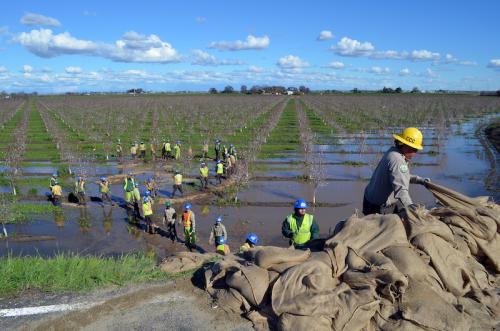
Energy

Every sector of the economy depends on energy and are at substantial risk of disruption from climate change because all components of the energy system, i.e. energy production, supply, delivery and demand, are affected by climate and extreme weather events such storms, extreme heat and droughts. The energy sector is also quickly evolving driven by policy, market, and technological forces and a move toward a clean energy portfolio. The research center is working toward quantifying the climate and extreme weather impacts on the energy system, understanding the vulnerabilities arising from the energy system transformation and improving energy system resilience.
Faculty involved: Prof Michele Barbato
Land
Changes in climate and land use are reshaping the resilience of land ecosystems, with extreme events such as droughts, high temperatures, fires, and floods presenting significant risks to infrastructure, agriculture, forests, and biodiversity. These shifts impact not only ecosystem services but also human health and communities that rely on land resources. The future of land use will depend on how climate change progresses, how agricultural and energy technologies evolve, and how mitigation and adaptation strategies are integrated into land-use planning and decisions.
Faculty involved: Prof Catherine Brinkley, Prof Mark Lubell, Prof Erwan Monier
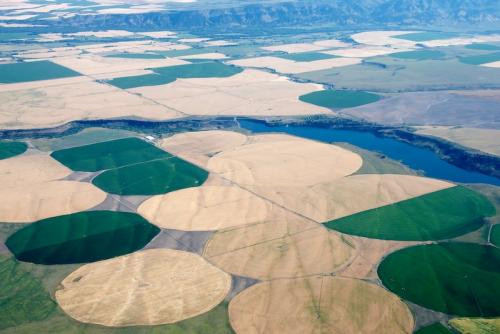
Forests

Forests in California, the US, and across the world are increasingly vulnerable to the impacts of climate change, including rising temperatures, altered precipitation patterns, and disturbances such as wildfires and diseases. These changes reduce forests' ability to store carbon, provide clean water and air, and produce timber and other valuable resources, while also affecting their role in recreation and biodiversity. Effective adaptation strategies are crucial to maintaining resilient forest ecosystems that continue to provide essential ecological and societal benefits.
Faculty involved: Prof Erwan Monier
Ecosystems
Climate change is driving profound transformations in ecosystems, including reductions in biodiversity, shifts in species distributions, and an increased risk of disease and invasive species. These accelerating changes have significant consequences for economies, sociocultural systems, and human well-being, particularly in vulnerable communities. Nature-based solutions that prioritize equity can offer valuable climate adaptation and mitigation benefits, helping to protect ecosystems and the essential services they provide.
Faculty involved: Prof John Largier, Dr Steven Ostoja, Dr Fraser Shilling

Coasts
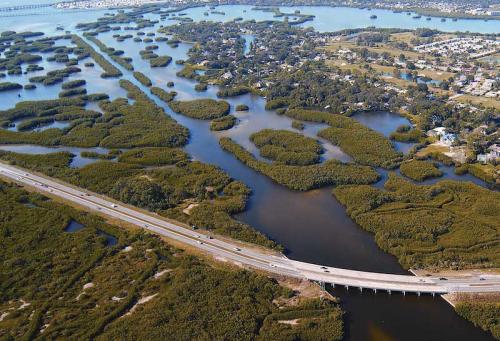
Climate change is reshaping coastal landscapes, with rising sea levels and changing storm patterns threatening the resilience of both coastal ecosystems and the communities that depend on them. These impacts underscore the need for proactive, community-driven adaptation strategies, including nature-based solutions and planned relocation, to safeguard vulnerable areas. Addressing the current and future severity of coastal hazards is essential to enhancing resilience and ensuring the long-term sustainability of coastal regions across the US.
Faculty involved: Prof John Largier, Prof Mark Lubell, Dr Fraser Shilling
Oceans
Climate change is causing unprecedented alterations to US marine ecosystems, leading to shifts in species distribution, productivity, and seasonal timing. These changes pose significant risks to industries such as fisheries, tourism, recreation, transportation, and energy, while also disrupting critical connections between people and the ocean, particularly within Indigenous communities. Swift implementation of equity-driven adaptation and mitigation strategies is essential to reducing future risks and preserving the health of ocean ecosystems.
Faculty involved: Prof John Largier, Prof Erwan Monier
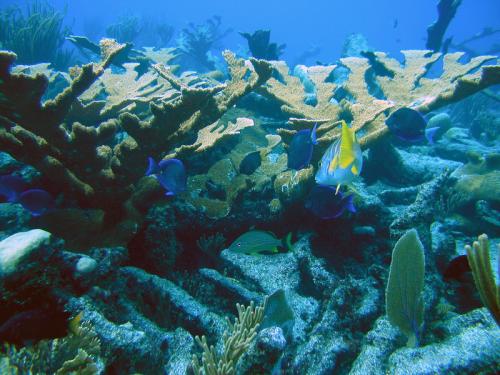
Built Environment and Cities
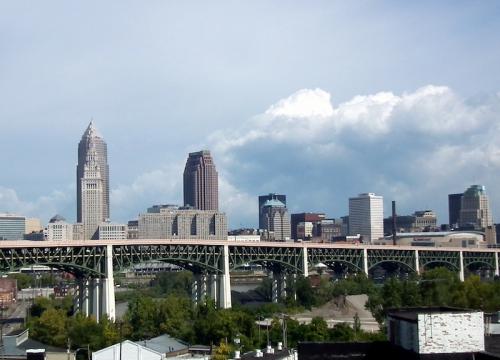
Structural and infrastructure systems are subject to multiple independent and/or interacting hazards, which cause extreme economic, societal, and environmental losses in the US and worldwide every year. These losses are increasing significantly due to a combination of adverse trends, including structural and infrastructure aging, increased vulnerability of the built environment, and the impacts of climate change on the severity of extreme weather events. At the same time, our modern society is recognizing the need for sustainable development with respect to the three pillars of social, economic, and environmental sustainability. Our research at CARC aims to reach a better understanding of the performance of structural and infrastructure systems under the nonstationary loading environment caused by climate change, as well as to develop novel solutions for a more affordable, sustainable, and resilient built environment.
Faculty involved: Prof Michele Barbato, Prof Catherine Brinkley
Transportation
The transportation sector is facing increasing impacts from extreme weather, posing risks to infrastructure and mobility. Effective planning, design, construction, and maintenance practices are crucial to reducing these risks and enhancing resilience. Transitioning to a clean, resilient, and equitable transportation system offers significant benefits for human health, environmental justice, the natural environment, and economic development, but it requires careful planning to avoid potential adverse consequences during this period of change.
Faculty involved: Prof Michele Barbato, Dr Fraser Shilling
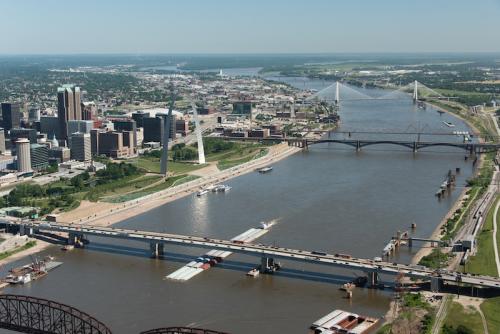
Air Quality
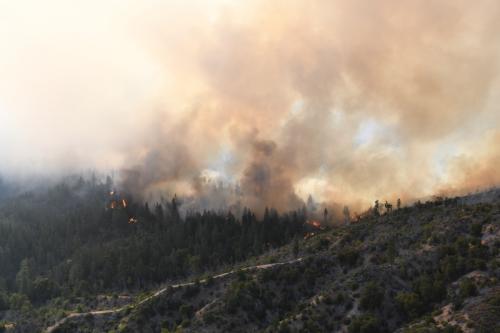
Climate change is exacerbating air pollution by increasing the frequency and intensity of wildfires, pollen, and other pollutants, which in turn negatively affect human health and hinder progress toward air quality goals. These air quality issues disproportionately impact communities of color and low-income populations, highlighting the need for equity-focused actions. Coordinated strategies that reduce greenhouse gas emissions can simultaneously improve air quality, public health, and promote environmental justice. CARC researchers work toward better understanding the interactions between climate change, air quality and health, the disproportionate impacts to vulnerable communities, and the effect of various intervention strategies.
Faculty involved: Prof Michele Barbato, Prof Kathryn Conlon, Prof Helene Margolis, Prof Erwan Monier
Human Health
Climate change is harming physical, mental, spiritual, and community health through the increasing frequency and intensity of extreme events, higher incidences of infectious and vector-borne diseases, and declines in food and water security. These impacts worsen social inequities. Emissions reductions, effective adaptation measures, and climate-resilient health systems can protect human health and improve health equity.
Faculty involved: Prof Kathryn Conlon, Prof Naomi Hauser, Prof Helene Margolis, Prof Erwan Monier
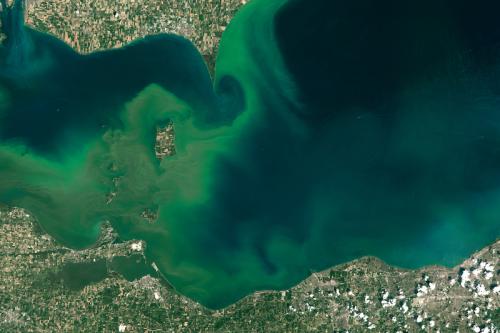
Tribes and Indigenous Peoples
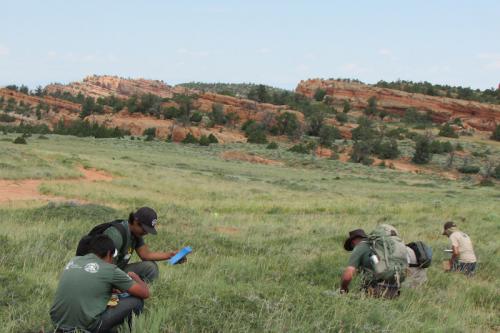
Climate change is increasingly threatening the livelihoods, health, and cultural practices of Indigenous Peoples, as well as the ecological resilience of their lands and territories. Self-determination is essential for developing and implementing effective resilience strategies that align with the unique needs and values of Indigenous communities. Indigenous Peoples are at the forefront of climate adaptation and mitigation efforts, drawing on traditional knowledge to guide their actions and safeguard their cultures and environments.
Faculty involved: Prof Helene Margolis